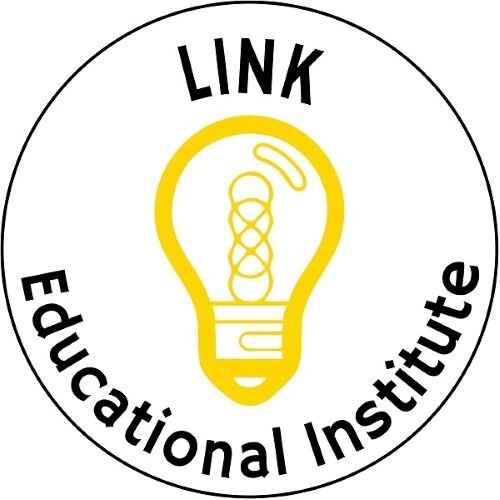Earning College Credits
Are you a College-bound student that wants to get a head start? If so, we'll give you tips on how to earn college credit during your high school years.
Many students attempt earning college credits while they are still in high school, so they can decrease much of the costs of tuition. Luckily, there are a variety of options for students who are looking to earn college credits. Join us as we discuss with you helpful tips to earn college credit before you graduate high school.
Enroll in College Credit Courses
AP Courses- The College Board sponsors the Advanced Placement (AP) program which allows students to enroll in courses their high school offers where the work is college-level. Towards the end of the school year, you have the choice of taking the AP Exam for the subject matter you reviewed through the College Board. AP Exams are scored on a scale of 1 to 5. Many U.S. colleges grant credit and/or advanced placement (that means they let you skip the equivalent course once you get to college) for scores of 3 and above. If you get a high enough score, then you will have earned the credit for that class.
College credit for an AP Exam can vary from one university to another. Many schools also have policies surrounding the amount of credit a student can bring with them from AP Courses.
AP Exam Subjects range and can include: AP Studio Art, AP US History, AP Language (Chinese, Spanish, etc.), AP Computer Science, and more. Even though your high school may offer many AP classes, keep in mind that there is a restriction on how many courses a student can take per semester and school year.
Check out the various subjects that will suit your needs before you take an AP class.
IB Program- The International Baccalaureate (IB) allows students to take classes to earn college credit. Similar to the AP, once a student completes the IB Course, they will then need to take an exam from that specified school.
IB Programs are not available at all schools. To enroll in an IB Program, locate schools in your area that are offering this program.
If you are a student that loves education and would like to teach students overseas? Learn about the benefits and subjects offered through the IB program.
CLEP exam- CLEP, also known as the College-Level Examination Project are tests that demonstrate your knowledge of a particular subject. This test will see if you are a master in the subject. In total, there are 33 CLEP exams that high school students take that cover subjects within their first year of college.
Around 3,000 schools offer this exam, and the college credit you receive depends on the score of the test.
Before you take the CLEP Exam, take into account the subjects. Prepare, Prepare, Prepare!
Partake in the ECE’s- The ECE’s also known as the Excelsior College Examinations are college entrance exams. Students do not have to take a class, but rather prove to application officers that they have full comprehension of the particular material. These exams are taken at testing centers and the subjects may vary. Several colleges accept ECE scores. Do your due diligence to find out if the colleges you are applying to will accept these test scores. The subjects vary and are taken at a test center.
Enrolling in the College Equivalent Seminars in High School
Taking college-level and summer classes in high school- High school juniors and seniors are encouraged to partake in college classes. High schools often collaborate with a university or local community college to offer these courses. Availability is limited because, in order to offer these classes, a high school teacher must be certified to teach the specific college-level course. Often, the student does not even need to drive to a college to take the course.
You will not have to pay for the AP Class. However, you should consult with the school district regarding the payment.
Double-check which colleges may offer these specific credits before you partake in the program.
Partake in a dual-enrollment program- Some high schools partner with colleges to help students participate in dual-enrollment classes. Due to the pandemic, students will have to take classes online through the school instead of in-person at the campus.
E-learning courses- Many students decide to take college-level online courses. Students who partake in these accredited courses during their junior or senior year can earn credits while still in high school.
Research a school that is recognized in online courses. Check the U.S. News and World Report rankings of online schools.
Get Advice from people on earning college credit
Speak to your guidance counselor- Talking to your guidance counselor before deciding your approach to earning college credit. Counselors can help you decide on your route depending on which schools you are interested in applying to.
While teachers or a principal are good people to ask for advice, your college guidance questions. It Will not be answered in a precise manner if you talked to your college counselor.
List the colleges that you are interested in applying to- Your best option is to keep a written or electronic list of all the colleges that you are interested in attending. Research the Standards for acceptance to those specified colleges. Knowing what they will expect will help you make the right choices.
You do not want to put your eggs in one basket. Focus on the colleges that will suit your needs and wants.
Speak to a college admissions officer directly- If you are looking to earn college credits we suggest that you speak to an application officer from your schools of interest. Know about the school’s credit transferring process.
No one will know a school’s policies on credit transfer more than the source. Calling an admissions officer and simply asking them


